Dog’s come in all shapes and sizes and their ideal weight depends on a number of factors, such as breed, sex and age. As a result it’s usually easier to work out how healthy your dog is by making a number of routine observations outlined in this instructional video. If you’re unsure whether your dog is a healthy weight or they’ve noticeably lost weight then you should book a vets appointment to discuss your concerns.
What to look for when assessing a pet?
The first thing that we check when assessing a dog’s weight is their rib cage by running our fingers down the side of their body. If we can feel their ribs too easily then this means that they should probably gain a little weight, if this area feels quite flabby then they could possibly lose a little weight.
We’ll then complete a similar check on their back by running our fingers down their spine. If their spine feels a little too defined then this might be another sign that they are underweight, although like humans you should still be able to feel it quite easily.
The last thing that we’ll usually look at is their tummy when the dog is stood up. On a healthy dog the tummy will tuck in slightly behind their last rib, if this is not the case then your dog is probably slightly overweight.
What can cause your pet to change weight?
When it comes to maintaining the health of your dog you should always seek the expert opinion of your vet before making any serious changes to their lifestyle. There are a range of underlying health conditions that can cause your dog to gain or lose weight and your vet will be able to help diagnose any problems and offer you advice.
Dogs can lose or gain weight for a number of reasons ranging in severity, from poor diet to serious illness. Here are a few of the conditions that may be affecting them: –
Thyroid problems
Similar to humans, if a dog experiences any hormonal imbalance due to thyroid problems they can gain or lose weight quickly. Luckily thyroid problems can be well managed once they have been identified.
Anxiety
For whatever reason, anxiety may cause your dog to lose its appetite and feel too unsafe to eat. Moving house, changing owners, fireworks and noises, or new people in a house can all cause anxiety without it being anyone’s fault. Your Cheshire vets team can offer advice on your dog’s behaviour.
Tapeworm or parasites
Parasites such as tapeworm burrow into a dog’s digestive system and consume the food that the dog eats. In doing so they deprive the dog of vital nutrients causing the dog to lose weight at a sudden and dangerous rate. Once diagnosed there are a range of medications that will help get your dog on the mend.
Liver disease
Like humans, a dog’s liver helps provide its body and muscles with essential carbohydrates and sugars. If your dog has liver issues then it won’t be able to get carbs to where they need to go meaning that your dog will begin to consume fat stores and lose weight.
Diabetes
Diabetes is characterised by insulin deficiency, which comes as the body’s inability to absorb sugar from the blood. Dogs with diabetes often have a larger appetite, but no matter how much they eat they will still lose weight.
Dental problems
Dental problems, such as abscesses can be very painful for a dog. If your dog has pain in their mouth then they won’t want to eat because it will make it worse. Abscesses can be treated with a course of antibiotics, although a tooth may also need removing.
Arthritis
Although not a direct symptom of arthritis, a gain in weight may often be a characteristic of the condition. The pain a dog is in can cause immobility and a reduction in exercise causing them to gain weight. A diet to counteract this can often be necessary.
Cushing’s disease
Cushing’s disease or syndrome is when your dog produces too much of the hormone cortisol. When regulated correctly by the body the hormone help’s the dog maintain a healthy weight, however too much or too little can lead to your pet gaining weight.
Cancer
Various forms of cancer can lead to a change in weight, usually a reduction. Rapid change in weight should always be referred to a vet and we will do what we can to identify the problem.
To make Knutsford Veterinary Surgery your new vets, register your pet today.


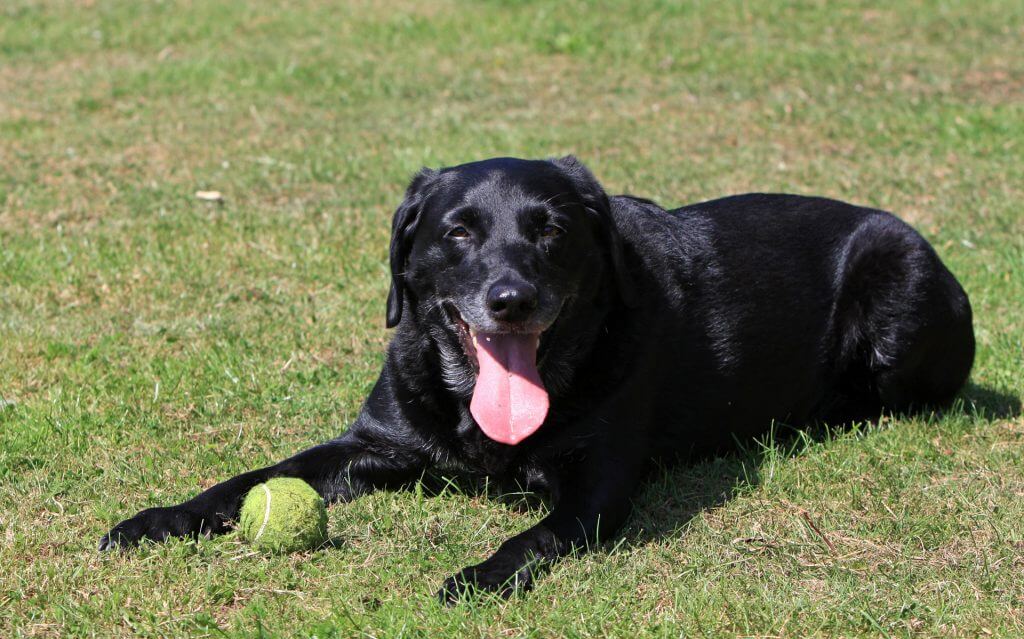
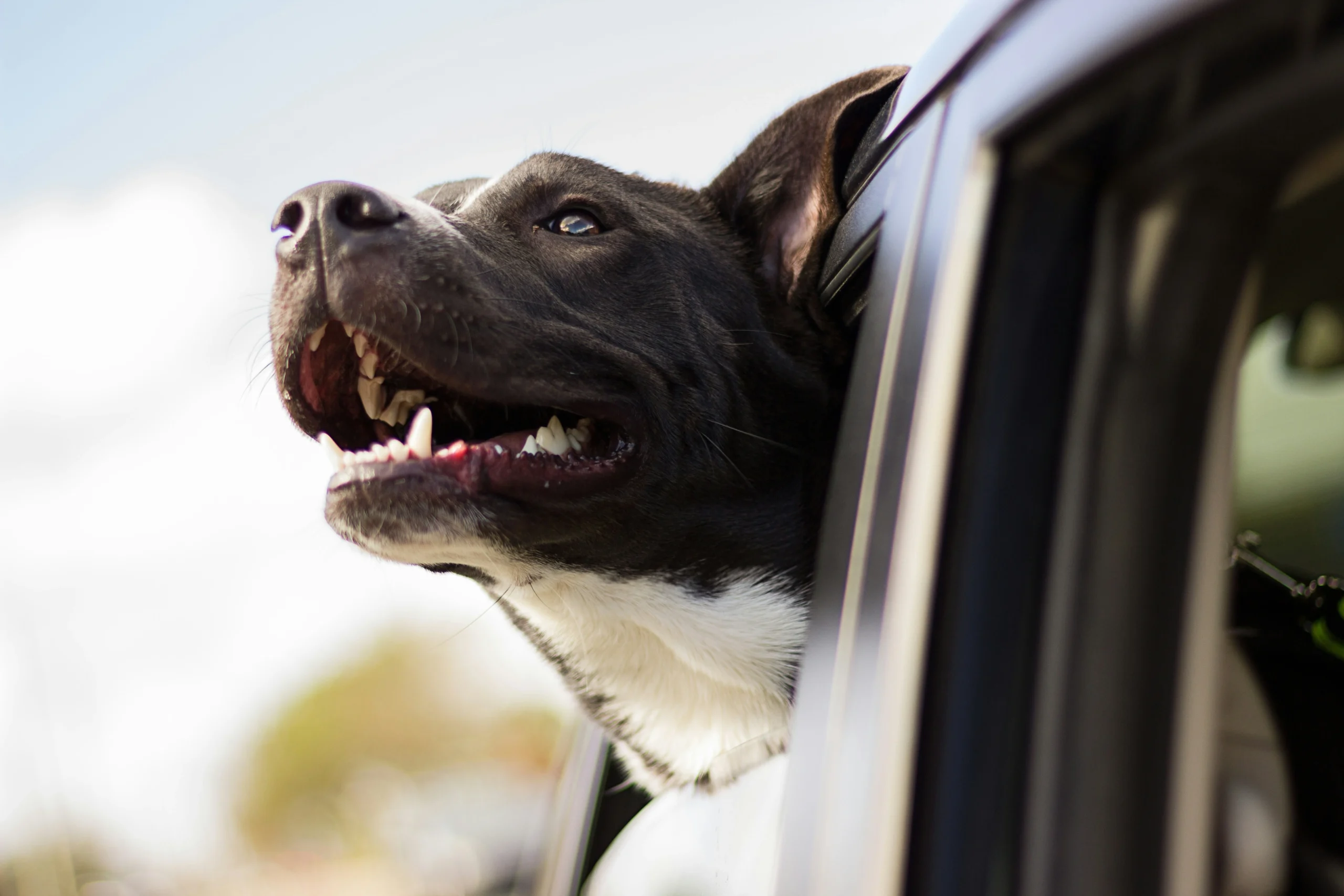

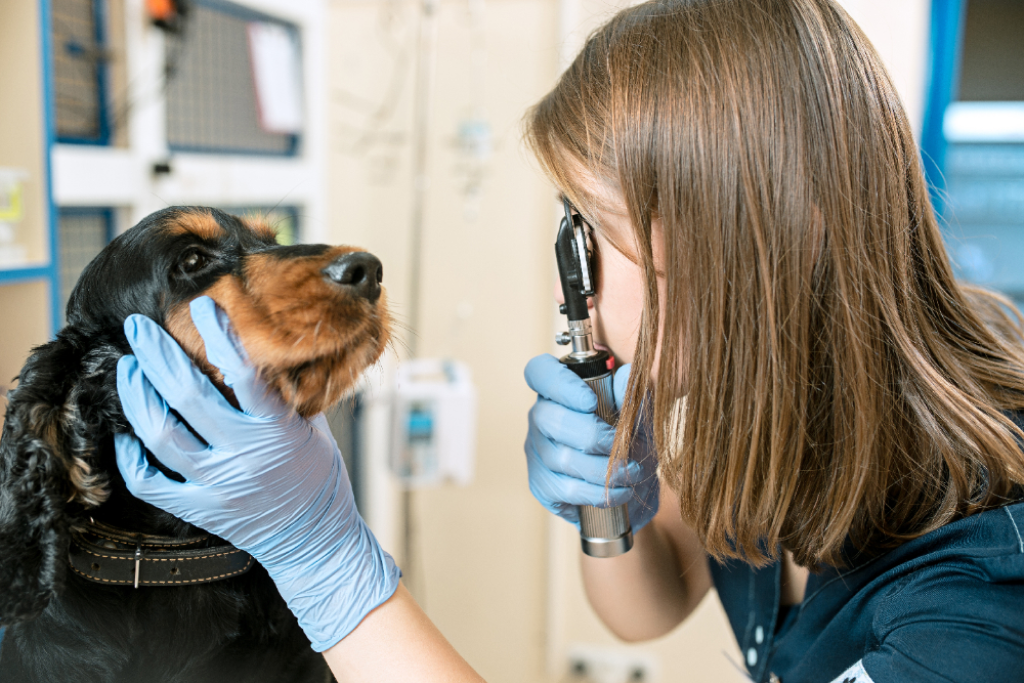
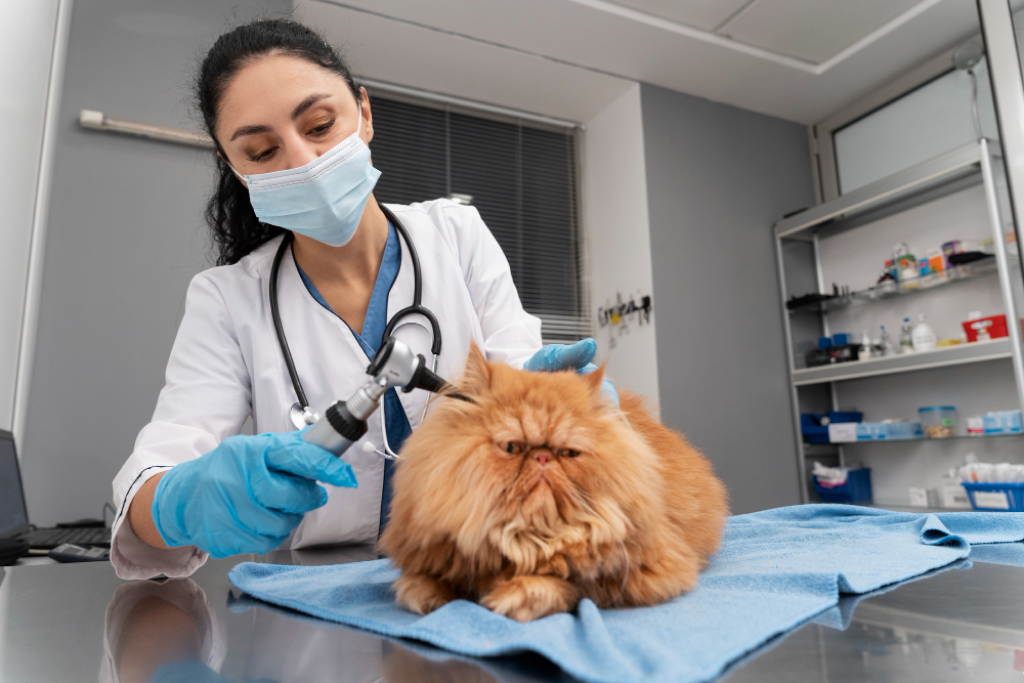

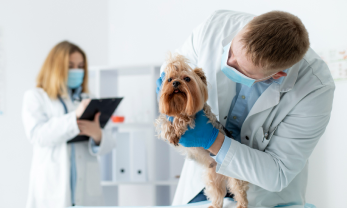

One Response